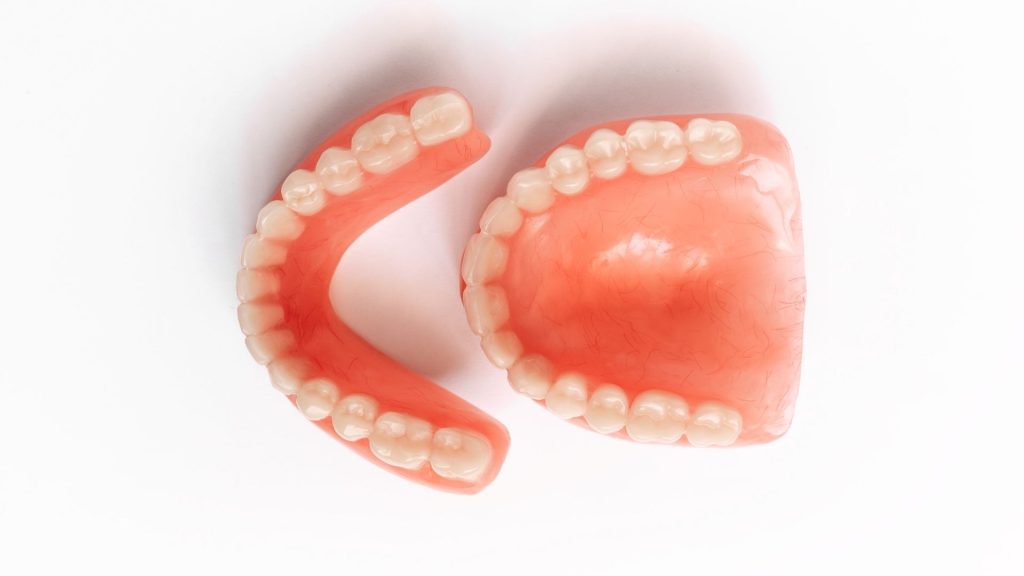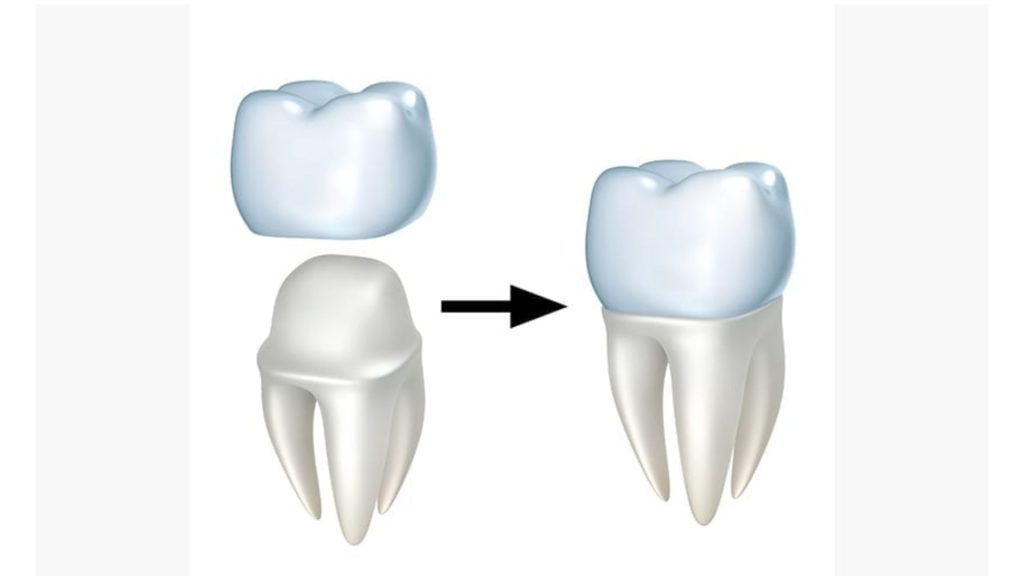Spring Orchid Dental with over 20 years of experience, we aim to provide clear and practical information to help you make confident decisions about your oral health. If you’re thinking about dental implants to replace missing teeth, here’s everything you need to know.
What Are Its Effects On Dental Implant Candidates?
Age Affects Dental Implant Eligibility
Age isn’t a barrier to dental implants. Older adults, including those in their 70s or 80s, can benefit from this solution if they’re in good overall health. Younger patients, however, need to wait until their jawbone fully develops usually around age 18 to ensure the implant integrates properly.
Overall Health And Illness
Your general health and any pre-existing medical issues are important factors in establishing your candidacy for dental implant surgery. These variables directly affect operation outcome and postoperative recovery:
- Chronic Medical Conditions: These including heart disease, diabetes, and autoimmune illnesses might affect dental implant eligibility. To ensure safe implant surgery, certain conditions may need extra precautions, medication modifications, or contact with your primary care physician.
- Medications: While getting dental implants, certain drugs, particularly those that alter blood clotting, might be dangerous. Your dentist will require a complete inventory of your drugs to assess their influence on the treatment.
- Infection Risk: Medical disorders that weaken the immune system may increase infection risk. Dental implant surgery is sensitive, and a compromised immune system may necessitate extra precautions to avoid post-operative infections.
Although medical issues may complicate dental implant assessment, they are not barriers. Your dentist will collaborate with your doctors to ensure implant surgery is safe and successful while addressing any health concerns.
Bone Health And Density
Bone density is essential for the success of dental implants. When a tooth is lost, the surrounding bone naturally begins to shrink, a process called bone resorption. This makes the area less supportive over time. If the jawbone lacks the necessary strength and thickness, bone grafting can rebuild it. This provides a solid foundation for implants. Acting early is crucial, as delaying treatment increases the likelihood of significant bone loss, which could complicate the implant process.
Advanced imaging, like 3D cone beam scans, allows dentists to assess the condition of your jawbone and determine its suitability for implants. These detailed scans help identify areas needing additional support, ensuring precise and personalized treatment. Even if bone loss has occurred, modern techniques such as grafting or augmentation make implants possible, allowing you to restore both function and confidence in your smile.
Lifestyle and Oral Hygiene
The longevity of dental implants is directly related to the patient’s commitment to good oral hygiene and overall health. Let’s see how these things interact:
Smoking and drinking excessively might slow dental implant recovery. These practices increase infection risk and implant failure. Eliminating smoking and drinking moderately promotes good healing and implant integration.
A balanced diet with calcium and vitamin D is needed for healthy bones and oral tissues. Nutrition helps maintain bone density, which is essential for dental implant durability.
Maintaining dental implants requires good oral hygiene. Preventing gum disease and preserving gum tissues around implants requires regular brushing, flossing, and antimicrobial mouthwash. Dentists may prescribe personalized oral hygiene practices.
Checking dental implants, recognizing problems, and getting expert cleanings are essential for good oral health.
Wear a mouthguard for contact sports or activities that might cause face injuries. This protects dental implants and natural teeth.
When Is It Too Late To Get Dental Implants?
You can get dental implants at almost any age. The success depends on your overall health and bone density, not just timing. If you lose a tooth, your jawbone can weaken within 6-12 months, but we can help by recommending bone grafting to rebuild the area. Even years after tooth loss, we can restore your jaw for implants. For patients over 85, healing may take longer, and for those under 18, waiting for full jaw development ensures better outcomes.
The best time for implants is right after tooth loss, but you still have options if you wait. WWe’ll evaluate your health and jaw condition, then create a personalized plan to achieve the best results. Whether you need additional treatments like bone grafting or have other concerns, we’ll guide you every step of the way.
Alternatives: What If Dental Implants Aren’t Right for You?
Dental implants are an excellent tooth replacement solution, however, for people who are not candidates, there are alternative possibilities. Several prominent substitutes are discussed further below:
Dental Bridges


A fixed, aesthetically beautiful way to restore your smile and restore oral function, dental bridges are a trustworthy, tried-and-true substitute for missing teeth. Non-removable prostheses with one or more artificial teeth (pontics) secured by natural teeth or dental implants provide stability and trust. Dental bridges fill gaps left by missing teeth, improving your smile and ability to eat, talk, and laugh. They include implant-supported cantilever and tooth-supported bridges.
Maintenance is easy and durability is possible with good care, however surrounding natural teeth may need to be altered to fit bridge anchor crowns. It may replace one or more lost teeth, depending on your needs, making them a good alternative to dental implants.
Removable Dentures


Removable dentures, a tried-and-true and cost-effective solution, have helped thousands of people replace lost teeth. They are a realistic option for patients who may not be candidates for dental implants and consist of prosthetic teeth linked to a plastic or metal foundation that fits firmly over the gums.
For complete tooth loss covering, removable dentures are ideal for restoring multiple lost teeth or whole arches. Good dental hygiene and oral health are supported by their easy removal for cleaning. Be advised that modifications and relining may be required over time to ensure a comfortable and secure fit. Denture adhesives help prevent slippage when eating and speaking, even if denture design has improved stability.
Dental Crows
Caps, or dental crowns, are essential dental equipment. They strengthen teeth, improve their appearance, and prevent future damage. Dental crowns strengthen and preserve teeth with significant decay, fractures, or massive fillings. They can help aesthetic dentistry by hiding stained or deformed teeth for a natural look. 

Crowns, made of porcelain or metal, are fitted to fit comfortably and securely like real teeth. This two-appointment treatment is long-lasting when cared for and dental hygiene is maintained. For weak or broken teeth, dental crowns protect them and prevent extraction. A dental crown may be the best answer for your dental requirements after consulting with your dentist.
The Bottom Line
If you’re thinking about dental implants, we encourage you to schedule a consultation at Spring Orchid Dental Bassendean, Perth. We are partners with most major health funds. If your insurance plan covers dental implants or related procedures, you can enjoy substantial savings on your treatment. During your consultation, we’ll help you navigate your benefits and ensure you make the most of your coverage. We’ll assess your individual needs, explore the best options for you, and design a tailored treatment plan. With over 20 years of experience, we’re committed to helping you restore your confidence and achieve a healthy, beautiful smile that lasts.
FAQs
What Happens If You Delay Implant Surgery?
Too much time before choosing dental implants might have serious repercussions and delay treatment. One of the biggest issues is jawbone loss. After losing teeth, the jawbone loses structure and mass. Waiting too long might cause jawbone loss, making dental implants harder or impossible. Before implanting, bone augmentation may be needed.
Additionally, tooth loss might alter oral anatomy, complicating dental implant placement. Dental issues including gingivitis and bite correction commonly follow tooth loss. Waiting too long might worsen the problem and exacerbate dental implant difficulties.
If you delay dental implants, you may waste time. In addition to eating habits, tooth loss might influence your speech and smile. Making choices promptly and discussing them with your dentist ensures a successful treatment plan and optimal outcomes.
Is It Safe To Replace All Teeth With Dental Implants?
Sometimes replacing entire teeth with implants is safe and effective, but the choice depends on several circumstances. Think about your oral, general, and personal objectives. Checking to see if you are strong enough to handle the hard surgery and healing process that this job requires is one of the most important steps. There is usually a detailed treatment plan and several steps needed to replace all of your teeth with implants.
This can go on for a long time, so you and your dentist will need to be patient and work together. Implant surgery experts frequently advise this option. They’ll look at your situation, figure out the best way to place the tooth and walk you through the whole process.





